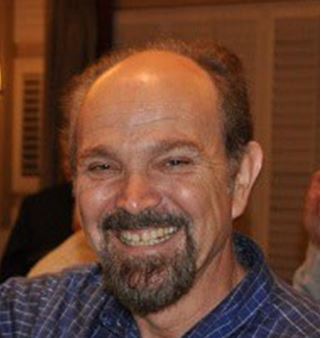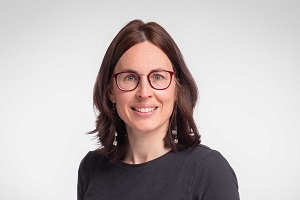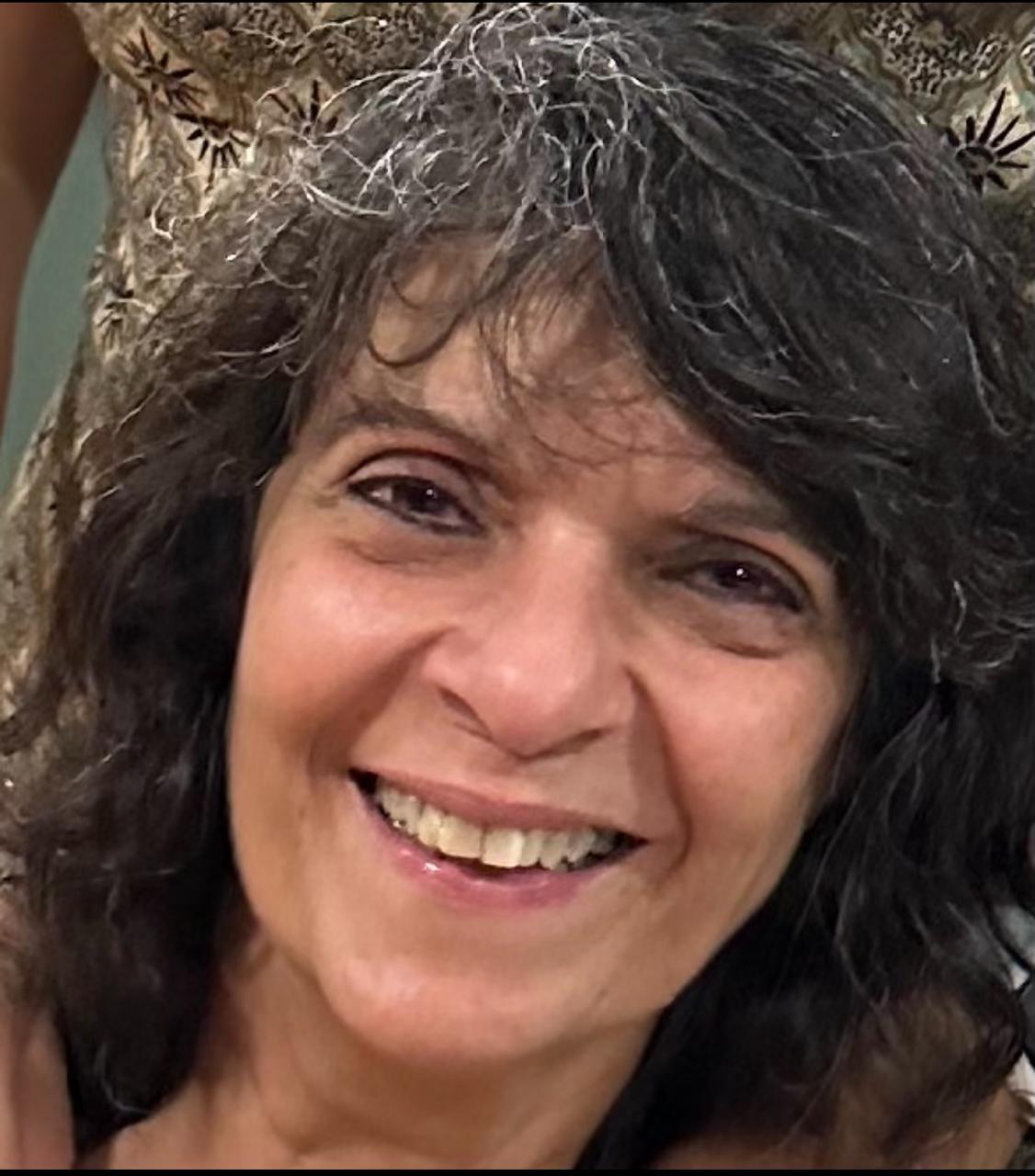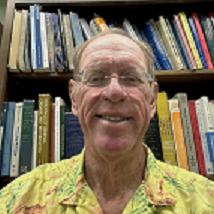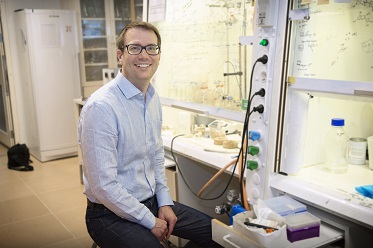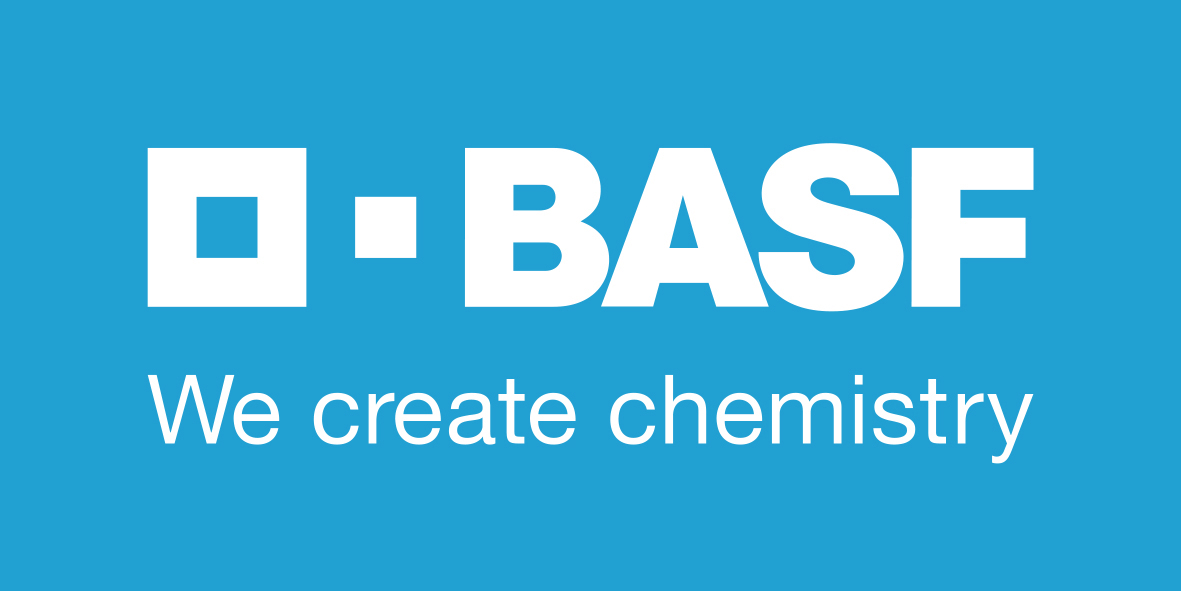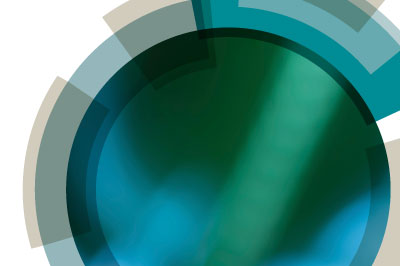Welcome
Join us in London in September 2025 for this edition of the Faraday Discussion series. The Faraday Discussions are unique international discussion meetings that address current and emerging topics at the forefront of the physical sciences.
Lignins are one of the most abundant components of plant biomass and new concepts for converting lignins into valuable products are important for scientific advances in biorefineries. However the structural complexity of lignins makes understanding their physical-chemical properties challenging.
Roberto Rinaldi (Chair)
Why attend?
Find out more about Faraday Discussions in the video and FAQs – see Useful links on the right.A unique conference format that prioritises discussion
At a Faraday Discussion, the primary research papers written by the speakers are distributed to all participants before the meeting – ensuring that most of the meeting is devoted to discussing the latest research.
This provides a genuinely collaborative environment, where discussion and debate are at the foreground. All delegates, not just speakers, are invited to make comments, ask questions, or present complementary or contradictory measurements and calculations.
An exciting programme of talks – and more
Take part in a well-balanced mix of talks, discussion, poster sessions and informal networking, delivered by our expert events team. You can explore the full programme in the downloadable files on the right – whether you’re attending in-person or online, every minute provides an opportunity.
The conference dinner, included in the registration fee, contains the Marlow Cup ceremony: a unique commemoration of past Faraday Discussion organisers that is sure to encourage further discussions over dinner.
In-depth discussion with leaders in the field
World-leading and established researchers connect with each other and early-career scientists and postgraduate students to discuss the latest research and drive science forwards. It’s a unique atmosphere – and challenging others to get to the heart of the problem is encouraged!
Your contributions, published and citable
A citable record of the discussion is published in the Faraday Discussions journal, alongside the research papers. Questions, comments and remarks become a valuable part of the published scientific conversation, and every delegate can make a major contribution.
Discover London
The Discussion will take place at Burlington House, Piccadilly, in the centre of London and its historic attractions. Step out to explore the capital city while you’re here – or stay a few extra days to explore the city further and the surrounding area.
Themes
This Faraday Discussion aims to further the understanding of the physical-chemical processes that are the basis for lignin extraction, stabilisation and degradation. Focusing on the latest developments in lignin valorisation, this Faraday Discussion will bring together researchers at the forefront of physical-chemical research.Native lignin solvation and extraction
This session will discuss the physical chemistry of the early stages of the delignification of plant biomass including: molecular understanding of native lignin and supramolecular interactions; mechanistic understanding of native lignin solvation in different classes of solvents; simulations of dynamics of lignin in lignocellulosic matrices and solutions; structure and dynamics of solvated lignin; advanced characterisation of lignocellulosic materials.
Lignin stabilisation and degradation in lignocellulosic fractionation processes
This session will focus on: solvent effects, thermodynamics and kinetics aspects of the stabilisation and competitive degradation routes in lignin extraction; molecular mechanisms involving lignin in solution including the interplay between hemicellulose and lignin chemistries; mechanisms of catalytic processes for lignin stabilisation and controlled depolymerisation; fractionation of lignin oil to produce well-defined fractions of lignin products.
Commercially available technical lignins
Commercially available technical lignins feature complex polymeric structures, rendering the determination and standardisation of the physical-chemical properties of technical lignins very difficult. This session will focus on: materials and processes for the separation of lignin and products; experimental measurements and computational predictions of thermodynamic properties of technical lignins; separation process simulations; solubility parameters of technical lignins.
Strategies for compatibilisation of extracted lignin properties with commercial applications
Technical lignins seldom feature the properties required for their utilisation in the value chains of the chemical industry. In this session, the discussion will be centred on how to match the compatibility of lignin with market-relevant matrices (e.g., polymers, aqueous formulations, solvent-borne formulations). We will discuss: relationships between structure and physical chemical properties of technical lignins; environmentally benign methods for fractionation and modification of technical lignins; physical chemistry of lignin compatibilisation with market-relevant matrices.





